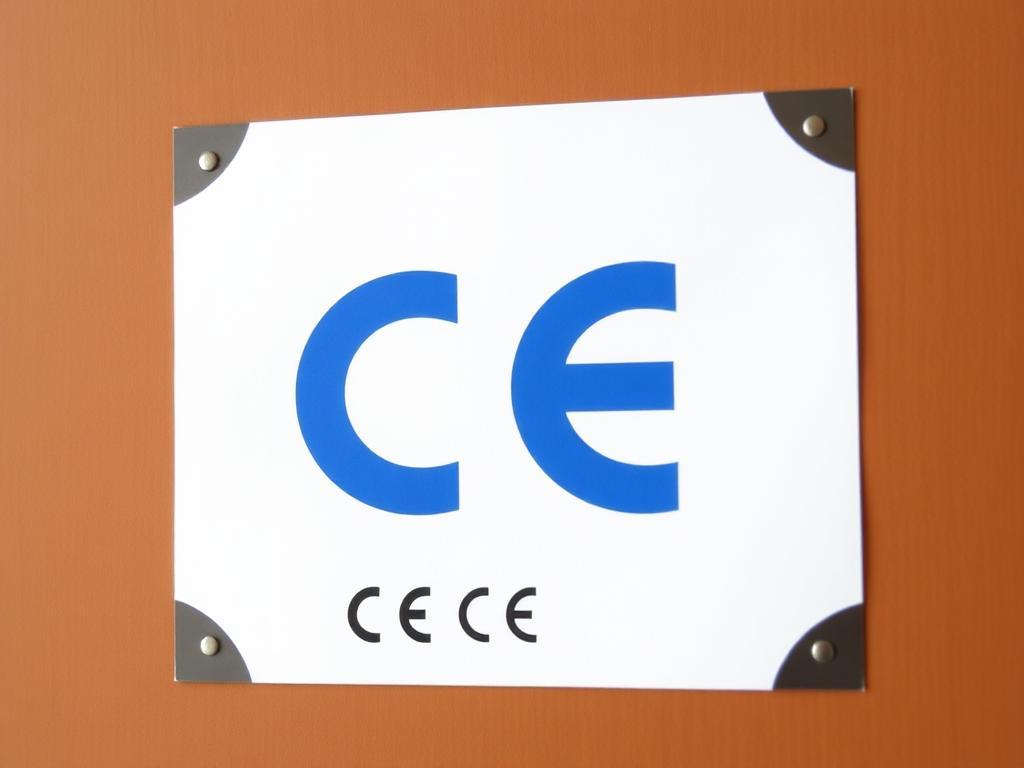Introduction
CE certification is a mandatory conformity mark for products sold within the European Economic Area (EEA). It indicates that a product meets EU safety, health, and environmental protection requirements. Understanding CE certification is crucial for manufacturers, exporters, and businesses aiming to access the European market.
What is CE Certification?
CE certification, also known as the "Conformité Européenne" mark, is a legal requirement for specific product categories in the EEA. It ensures that products comply with EU directives and regulations. The certification applies to various industries, including electronics, machinery, medical devices, and construction materials. Manufacturers must carry out a conformity assessment, create technical documentation, and affix the CE mark before placing their products on the market.
Steps to Obtain CE Certification
-
Identify Applicable Directives – Different product categories fall under specific EU directives, such as the Machinery Directive, Low Voltage Directive, or Medical Device Regulation.
-
Conduct a Conformity Assessment – This involves testing the product against relevant standards and preparing essential documentation.
-
Involve a Notified Body (if required) – For high-risk products, an independent third-party assessment by a notified body is necessary.
-
Compile Technical Documentation – This includes product specifications, test reports, risk assessments, and user instructions.
-
Affix the CE Mark – Once compliance is confirmed, the CE mark is affixed to the product, allowing its legal sale in the EEA.
Benefits of CE Certification
-
Market Access – Enables products to be freely traded within the EEA without additional regulations.
-
Consumer Trust – Ensures compliance with safety and environmental standards, increasing consumer confidence.
-
Legal Compliance – Avoids legal issues and penalties associated with non-compliance in the EU market.
Conclusion
CE certification is an essential requirement for businesses looking to enter the European market. By ensuring product compliance with EU regulations, companies can gain a competitive edge, enhance credibility, and expand their customer base. Understanding and following the CE certification process is key to achieving seamless market entry and long-term business success.
